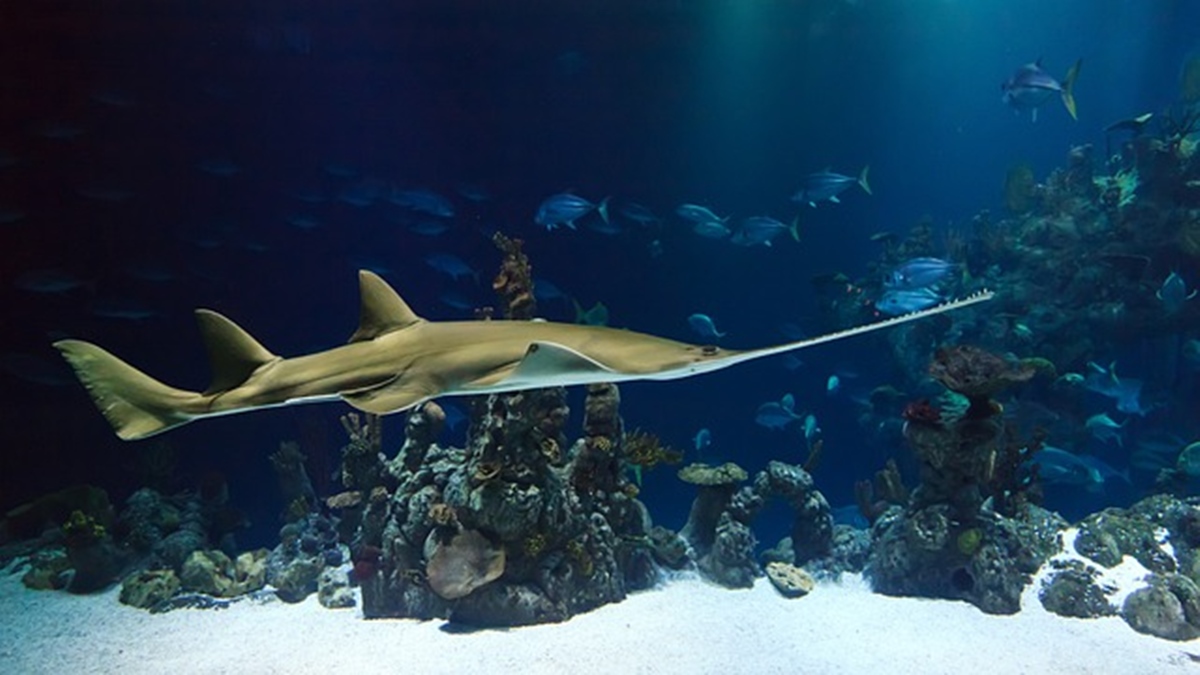This site contains advertisements
Would you like to buy goggles?
The Indian Ocean, the world’s third-largest ocean, holds immense significance in terms of its geographical features, economic importance, ecological systems and environmental challenges, geopolitical tensions and security concerns, as well as its cultural diversity and the need for international cooperation in the modern era.
This article delves into these aspects, shedding light on the intricacies and details of each.
Geography and Characteristics of the Indian Ocean
The Indian Ocean, surrounded by Africa, Asia, and Australia, is a vast maritime region with diverse geographical features.
Island nations like Madagascar and the Seychelles showcase varied ecosystems and cultures, while the climate varies from monsoon-influenced in the east to Africa-influenced in the west.
These geographical features have a global impact on weather patterns and ecosystems, playing a crucial role in international affairs.
Understanding the geographical challenges of this region is essential for promoting international cooperation in disaster response and sustainable development.
Economic Significance of the Indian Ocean
The Indian Ocean serves as a major trade route globally, with key maritime chokepoints such as the Suez Canal and the Malacca Strait.
These vital passages facilitate energy transport from the Middle East to Asia and drive worldwide trade, economically influencing many nations.
The economic importance directly links to maritime safety and the smooth flow of navigation, demanding international cooperation, especially in regions threatened by piracy.
The expansion of trade in the Indian Ocean fosters regional economic growth and contributes to balanced global economic development.
Ecosystems and Environmental Issues in the Indian Ocean
The Indian Ocean boasts diverse ecosystems, including thriving coral reefs and marine life critical for regional fisheries and tourism. However, it faces environmental challenges.
Overfishing and marine pollution, for instance, pose threats to the delicate balance of these ecosystems.
Given that these issues transcend borders, international cooperation is imperative for sustainable fishing practices and the establishment of marine conservation areas.
By collectively addressing environmental concerns, the international community can protect the rich biodiversity of the Indian Ocean for future generations.
Geopolitical Tensions and Security in the Indian Ocean
Geopolitical tensions among nations in the Indian Ocean region, such as China’s maritime expansion and disputes with Pakistan, have intensified, posing significant security challenges.
Military movements and international tensions threaten the stability of the region.
Effective resolution of security challenges requires international cooperation and diplomatic efforts to promote dialogue and peaceful solutions.
By addressing geopolitical tensions collaboratively, the international community can ensure stability throughout the Indian Ocean region.
Cultural Diversity and International Cooperation in the Indian Ocean
The Indian Ocean region exhibits cultural diversity with coexisting religions, languages, and traditions.
However, this diversity can present challenges for international cooperation, particularly in addressing cultural conflicts and transboundary issues like refugees and international crimes.
To overcome these challenges, understanding and cooperation are essential. International cooperation should respect different cultures and legal systems while fostering shared values.
By building a foundation of cooperation, the international community can address cultural conflicts and work together to tackle common challenges, promoting sustainable development in the Indian Ocean region.
Conclusion
Comprehensive understanding of the Indian Ocean’s geographical, economic, environmental, geopolitical, and cultural dimensions is crucial for addressing global issues and fostering international cooperation.
By collaborating on the challenges posed by this vast maritime region, the international community can contribute to a peaceful and sustainable future for the Indian Ocean. We hope that through such cooperation, this expansive sea will continue to develop towards a future of peace and sustainability.


コメント